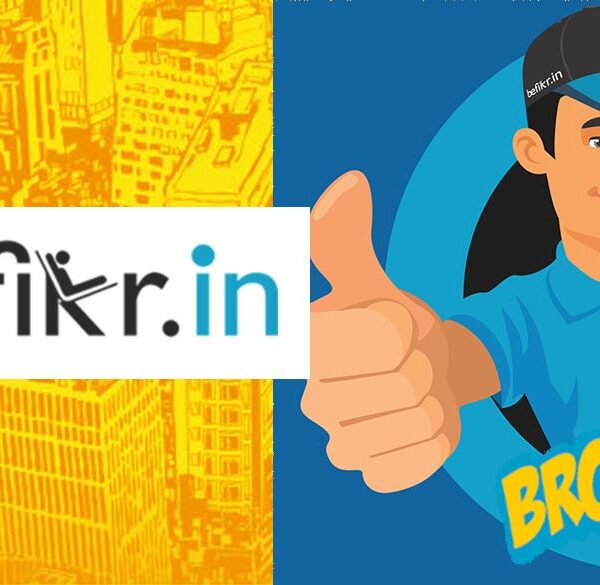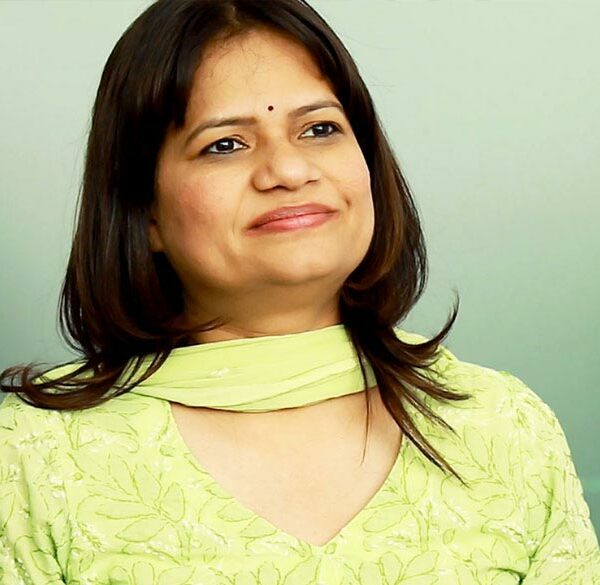Women, it’s not time to rejoice! Unfortunately, we do not have a path-breaking film, in flesh and blood that can give a tight slap to patriarchy and male chauvinism. Neither does it make a bold statement nor kicks in ‘anger’ literally. Disappointing, indeed!
Women keep discovering, keep inventing, and keep overcoming themselves. Today, women are pregnant with better and more hopeful versions of their own reality. The transformation of consciousness, and precisely not through dogma or violence, is the inaugural moment of discovering new worlds — not by willing what does not exist but by seeing what is unfolding. As you read, Indian women, each with a different momentum, are creating a new geography of liberation. As there is no original sin, there is no final forgiveness — and thus no grand illusion, no master-narratives of emancipation.
The ideals remain open and grand, as they must, but demanding and exacting their realization require painstaking and detailed work of women, themselves. In such times, a movie like ‘The Angry Indian Goddesses’ could have meant a lot, in terms of emancipation, but unfortunately, it renders to be a cocktail of all taboos against women, roiled in holus-bolus, eventually leaving the viewer with a sense of despair.
The movie, directed by Pan Nalin, starts with Frieda inviting her friends for her wedding in Goa. Interestingly, no one knows, who the groom is, who has suddenly surfaced in their friend’s life, leading to such a sacred commitment. But each character covered in the movie, is so iniquitous and flawed.
Sarah-Jane Dias aka Frieda Da Silva is celebrating her marriage. To the reader’s surprise, she is coming out of the closet, has embraced her identity of being a lesbian and has fallen for a revolutionary activist. Their marriage has been planned, as private as it can be, so that they can stay together, in spite of the legal hindrances faced in such kinds of commitments. The first flaw here, we do not come to know, how exactly she embraced her sexuality, the knowledge of which could have emancipated the minority population that is actually dealing with this.What were her personal battles, what pained her, how she initiated it? We come to know nothing. A better movie here is definitely Margarita with a Straw in which the audience is able to know the personal journey of Kalki, as she embraces the fact that she is bi-sexual. The second flaw, you see no ‘real love’ between the couple. There is no story about their love, how they safeguarded and preserved it. Their story looks incomplete, sounds raw.

Tannishtha Chatterjee aka Nargis Nasreen is a revolutionary activist but when it comes to actually dealing with eve-teasing, rather than taking a tough stand, she recommends posting videos on You-tube. How weak is the thought itself? Imagine, if Nirbhaya was still alive and she posted videos on social platforms, asking for justice? Who would have endowed justice to her? No One. Specially taking into consideration that she is the better-half of Sarah, we expected some machismo, zeal and fervor. Someone strong, for God’s sake. Not just a revolutionary who fights for worker’s rights but when it comes to even openly accepting her relationship, she is silent, all the while. Why?

Anushka Manchanda aka ‘Mad’ Madhurita is an alcoholic, depressed singer who has been performing really badly in the past, pushing her for committing suicide, thrice. The mere fact that she was not answering her calls in Goa coaxed her boyfriend, to get to the address and inquire about how she was? Was she well? Was she thinking of suicide again? Well, her character is very revealing, exposing the dark world of glamour industry but once again, in the entire movie, does she do anything different. Yes, she is angry, frustrated and depressed but there’s more to her identity than what the movie could reveal. Rather than creating a sorry-figure, her personality could have been showcased with so much more power. But alas, it was not. She was portrayed as a victim of her own choices, leaving us nowhere.

Amrit Maghera aka ‘Jo’ Joanna is a model-cum-aspirant who struggles with her accent, a fact which was made fun of, just before she disappeared and died on the beach in Goa. For once, her character was someone who listened to everyone, be it the maid, a single-mother, the struggling singer. But why, why no one listened to her? Her death, so sudden and revolting, in the end, leaves the audience wondering what happened to the story line. Just because the director had to inject the case of ‘rape and molestation’ somewhere in the film, her death served it. But so obnoxious and idiotically drafted? The ‘Katrina Kaif-like’ actor is an outcast in the entire movie. Though, yes, when she falls irresistibly in love with the body-builder macho neighbor, those tiny moments of reliving the imagined caress offer a fresh breath of relief. But don’t expect anything beyond it.

Sandhya Mridul aka CEO Suranjana is a leading industrialist, one of the only main characters in the film. She has a small daughter whom she is hardly connected with. She smokes profusely, roars in anger at her colleagues and is audaciously dominating. In fact, Sarah asks her to put on a ‘black suit’ to accompany her as she walks down the aisle. But the debate on gender equality cannot be about ‘I deserve your place’. Suranjana’s character which has so much power and mettle somewhere dies down towards the end, as she like other characters is rendered invisible. She could have been a tight slap to male chauvinism and patriarchy, if the movie showed a little more about how she was as a ‘fighter’. But alas, it did not.

Also, the last sequence shot in a Church has every cliché possible in the book: The struggling singer walks in while singing a Konkani song, backed by musicians while she performs at a funeral service. Everyone condemns the death and stands up to be the ‘culprit’. The movie suddenly ends, not knowing what exactly happened. Was justice served? Or was it denied?
Watch it for its good acting, the director’s bravery in picking his premise and protagonists, but don’t expect a statement on feminism or a revolutionary Bollywood film.












